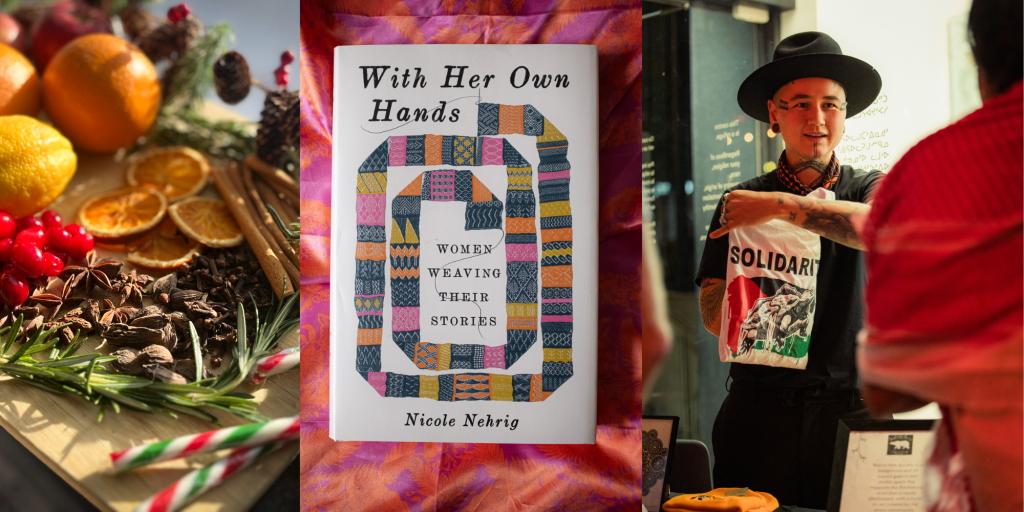Turning #MeToo Into A Meaningful Global Phenomenon
The #MeToo campaign is empowering survivors across the globe to share their stories.
But in many countries, women and girls still can’t speak out or access justice. Many are not even aware of their right to live free of violence. They live in places where social norms and cultural practices give men positions of power both inside and outside of the home. Violence and early or forced marriage are accepted ways of life.
The global snapshot may be discouraging, but we are seeing signs of progress on gender-based violence – even in more remote communities.
An Oxfam Canada project funded with support from Global Affairs Canada and private donors called Creating Spaces has partnered with 25 local community groups in six countries in Southeast and South Asia – including many women’s rights organizations – to change the social and cultural norms that force young girls into marriage and normalize violence against women.
The program is not just about educating women and girls, but also men and boys, religious leaders, politicians, police, judges and others with influence in their societies.
In just a year and a half, 70,025 people have been reached with programming on women’s rights and empowerment, confidence building, healthy relationships, promoting positive social norms, and skills training. These vital learning opportunities are slowly transforming social rules for men and women alike, which can help break the cycle of oppression.
“I got married in young age and faced lots of problems. I don’t want my daughters to go through the same. Now I will educate my daughters and let them marry after they become independent,” Rana said.
Results are already evident.
After attending Creating Spaces classes in Nepal, Rama Mahara decided to cancel her teenage daughter’s wedding and become an advocate against child marriage in her community.
In Bangladesh, youth groups helped stop 15 child marriages. One local police officer prevented the forced marriage of his own niece and now devotes his time to raising awareness about child marriage.
A Pakistani woman named Faiza, who was abused and tortured by two different husbands, was empowered to take action.
“I always blamed myself that perhaps it was my fate or because I have done something wrong…Now I am ready to break the chain of violence. I will stand on my feet to live a life with dignity,” Faiza told Oxfam.
But to really change culture, we must ensure men and boys are speaking out too.
A teen in India who resented his younger sister for all the extra attention she gets realized it’s because she needs permission to do anything.
“Maa says she is someone else’s asset, she should be protected, and father says she will get married and leave us soon,” said 19-year-old Bharat Patel.
After attending classes on gender and masculinity, Bharat started standing up for his sister’s rights and now helps out with household chores.
There has also been a shift in traditional and religious leaders’ attitudes towards women in some villages. Just a few months ago, they wouldn’t even acknowledge that child and early forced marriage and violence against women and girls are problems in their communities.
These may be individual victories in specific countries, but they prove that culture change is possible even with deeply-rooted and seemingly intractable social norms.
But none of this would be possible without partnerships with local organizations that know the local landscape, what needs to change and who needs to be reached. For the #MeToo phenomenon to really end violence on a global scale, we need to build the capacity of these organizations to continue and expand this important work.
Women and girls around the world shouldn’t have to wait any longer for their dignity and human rights to be respected.

